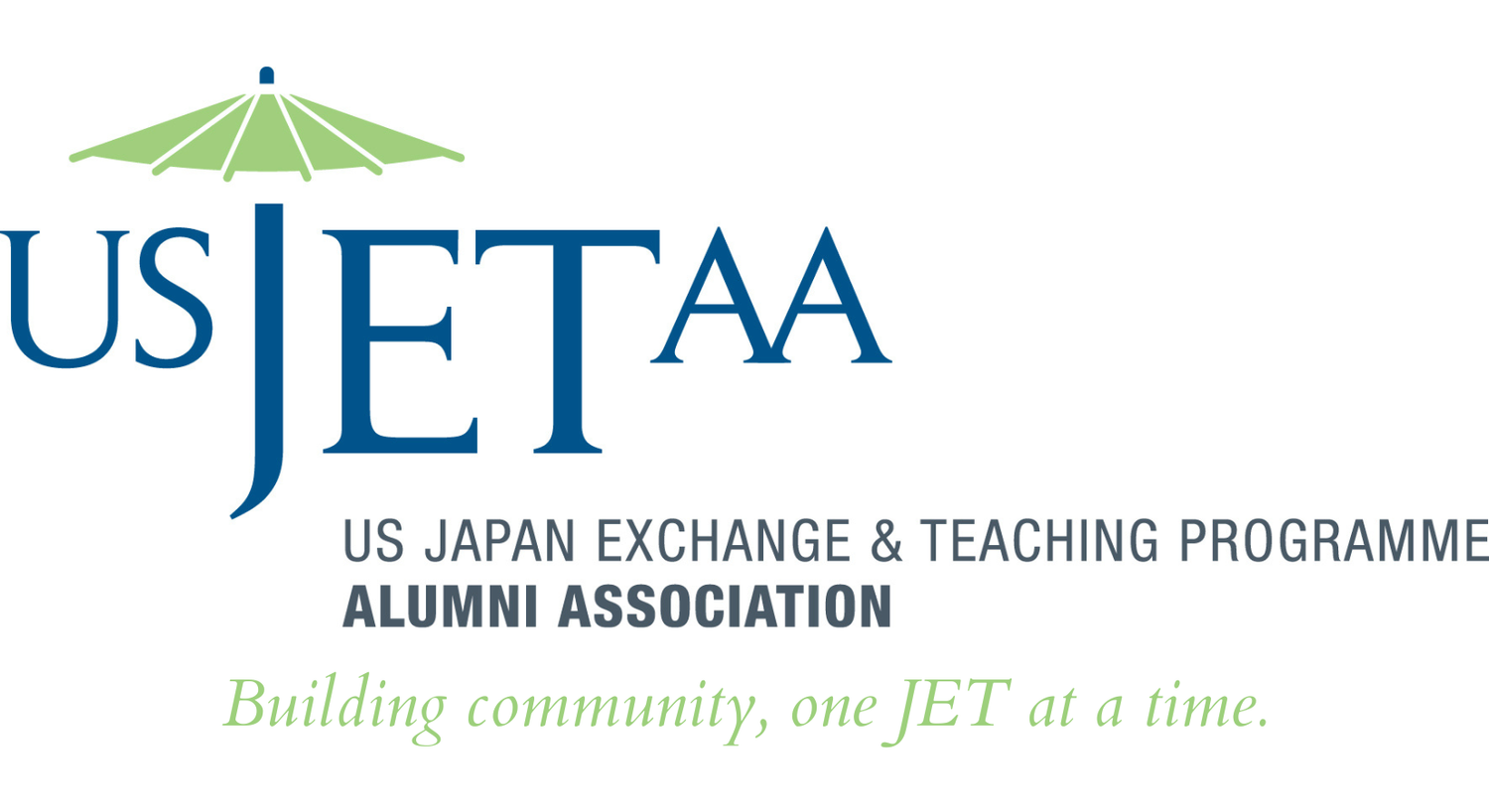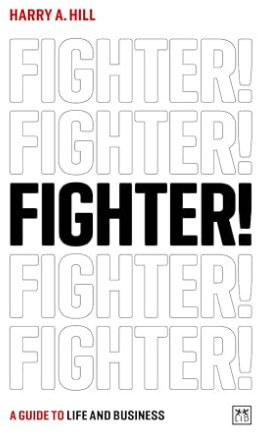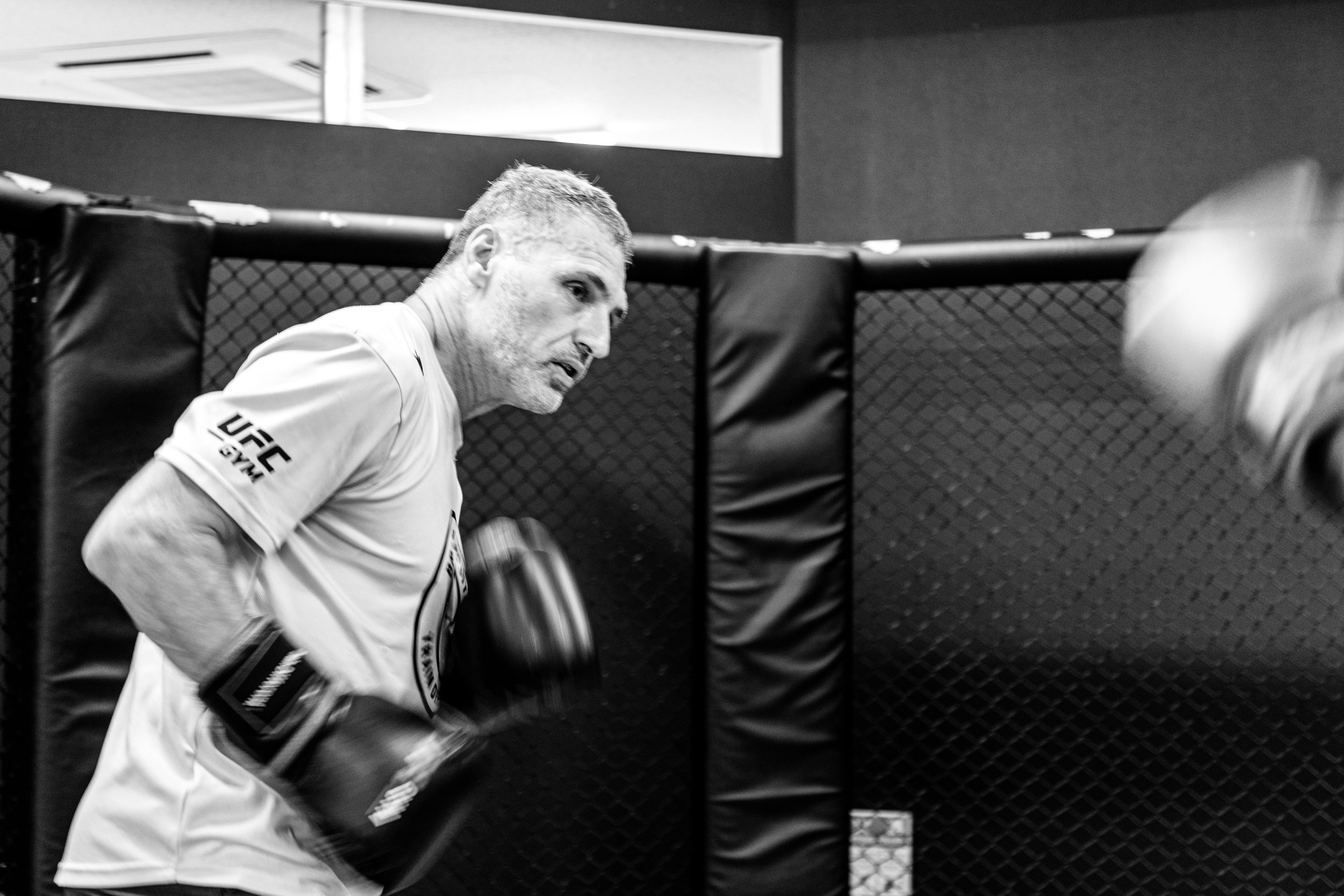Heart of a Fighter: Harry Hill
Harry Hill (Gifu, 1985-1988)
Interviewed by Marco Blasco (Aomori, 2021-2024)
For many participants on the JET Program, their experience on the program becomes only a fond memory. Many dream of going to Japan and do so on the program, and, when that time is up, they return home. Some look back on Japan with nostalgia and love, but it is only a small period of their life. For others, however, their time on the JET Program is a stepping stone to their future. Their lives always connected to the JET Program, the experiences they had while on it, and the people they met along the way.
Recently, I had the chance to talk with Harry Hill, a JET alumnus who came to Japan even before the inception of the JET Program as we know it today. During my conversation with Hill, he showed clearly that he never saw the idea of coming to Japan as a type of break or escape from his life. He saw it as the next step for him, and I believe that this mindset is what has allowed him to have a very successful career and life in the Land of the Rising Sun. His early years as an English teacher on the JET Program built the foundation for his successful entrepreneurial career and his contributions to US-Japan relations.
As detailed in his new autobiography, Fighter!, Hill's journey to Japan began at university in the early 1980s when he took an interest in martial arts and read the book Japan as Number One by Ezra Vogel. Hill said that at this time, he started to realize that the world was shifting from Eurocentric to Asia-centric. He thought that the future was in Asia, specifically Japan, and his goal was to become a bridge between Japan and the United States. In 1985, he graduated and joined the Monbusho English Fellow program, which would eventually turn into the JET Program.
Hill was sent to Gifu Prefecture as one of only 49 fellows in the entire country. He was the only fellow in his location during his first year, which is still a reality of many JETs sent to Japan today. Yet, despite this seeming isolation, Hill used it as an opportunity to improve his Japanese and make connections within the local community. Apart from work, all of his interactions were in Japanese and when the JET Program replaced MEF with JET two years later, he became the first Coordinator of International Relations (CIR) in Gifu. Hill was disciplined–he made sure all his socializing and interacting outside of work was in Japanese. He’d use his commute to study, and he eventually advanced to the point where he ended up interpreting for the governor of Gifu.
Yet, Hill didn’t stop there. He got involved more in the local community by meeting some members of the Chamber of Commerce and Junior Chambers of Commerce. These connections that Hill made on the JET Program by pushing himself to get involved in the local community would later prove valuable throughout his career. As Hill said of his involvement with the Chamber of Commerce, “You know, I had no business there, right? But the thing is, all of a sudden, I became a resource for them, just as they became a resource for me.” Through opportunities like this and working at the Gifu regional expo, Hill leveraged his time on JET and further grew his network and breadth of experiences.
When I asked Hill what advice he would give to new JETs or those on the JET Program looking to transition to life after JET, he touted the ‘big fish in a small pond’ philosophy. He said, “... find a niche, find an area… become an essential part of one or two areas in your community.” He stressed the idea that Japan is very much a relationship-based country and that by being the big fish in a small pond, and using these relationships, you can jump into a bigger pond. He said that to truly create a meaningful career in Japan, one must create those meaningful relationships. Which is exactly what Harry did.
Through relationships he built in Gifu, Harry landed a job on Wall Street after JET. After a brief stint there, he learned it wasn’t for him and returned to Japan to truly begin his entrepreneurial career. He started a consulting business that provided relocation services for expatriates, then ventured into event planning, sports marketing, and real estate development.
All the while Hill operated by the concept of “cultural arbitrage,” challenging the notion that “this doesn’t work in Japan.” He thought outside of the usual framework and this mindset led him to his most successful venture, Shop Japan, helped him pioneer late-night TV commercials, and allowed him to create the home workout market. Just as he had done on JET, Hill used his perceived weakness as an “outsider” as a strength, and created new ways of doing things. Yet pushing boundaries does not come without obstacles and Hill is no stranger to overcoming the challenges that come before him.
Harry Hill getting a work out done. (photo courtesy of Hill)
As the title of his book suggests, Hill is a fighter. And when I asked him about this concept and how he used it during his time on JET and throughout his career, he said that it was all about mindset. Hill sees fighting as an acceptance of the fact that there will always be obstacles. He reframed rejection as a normal response rather than discrimination of the foreigner. He said that, “...anytime you enter a tribe, there’s an initiation process.” The mentality of the fighter that Hill embodies has been present since his first experiences in Japan 40 years ago. At a time where the JET Program was only just getting started, he was still able to utilize the experience to launch his career and truly embody the idea of ‘cultural ambassador’ that the program has become known for throughout the years.
Now, Hill continues to help others improve their daily lives. He owns the UFC Gym franchise in Japan, which includes two corporate owned gyms and one franchise through a new company he founded in 2019 called Better-U. The company’s vision is that fitness and education are lifelong endeavors. Better-U provides products and services to help its customers find growth and improvement each and every day. In 2024, he established KK UHMY which operates day service and group homes to help disabled individuals live independently. This year, he is launching a joint venture for an English language acquisition product, My Friend English, which is aimed at children between the ages of three and six. Even 40 years later, he continues to make a difference in Japan.
So much of Hill’s experience is relevant to JETs today. We talked about how it is easy to engage on a surface level during one’s time in Japan, to just go through the motions, so to speak. But by adopting this ‘fighting’ mindset and seeking deeper connections, the JET Program can be the foundation of a truly rich life and career no matter where your journey takes you after Japan. Despite the difficult parts, the opportunities on the JET Program are seemingly endless, as long as, like Harry Hill, you reach out and take them. If you wish to reach out to Hill, you can check out his website at harryahill.com.
About Harry Hill (Gifu, 1985-1988)
Harry A. Hill is a passionate and dynamic business and civic leader. As President and CEO of Oak Lawn Marketing, Inc. from 2006 to 2017, the company grew from ¥15 billion to ¥68 billion in sales. Hill and his management team created a robust corporate culture based on their vision of “enriching lifestyles worldwide.” In 2009, he orchestrated one of Japan’s most significant M&A transactions, when NTT Docomo took a majority share in OLM. In September 2017, Hill stepped down as CEO, but remains an outside director. He founded Better-U to run the UFC Gyms in Japan in 2019. In his earlier years, Hill spent time in Gifu prefecture, Japan as a participant on the Monbusho English Fellow program, a precursor to the JET Program, from 1985-1988.
The Senpai Spotlight series features JET alumni from the US who have made successful careers for themselves in various fields—with the goal of inspiring JETs and JET alumni to pursue their own dreams while also offering some words of advice only a senpai could know.
If you, or someone you know, would like to be featured as a Senpai Spotlight, please reach out to us at contact@usjetaa.org.
This edition of Senpai Spotlight was written by Marco Blasco, a writer and editor based in snowy northern Japan. Originally from America, his interest in Japanese culture and religion brought him to Japan through the JET Program in 2021, where he has made a second home for himself.






